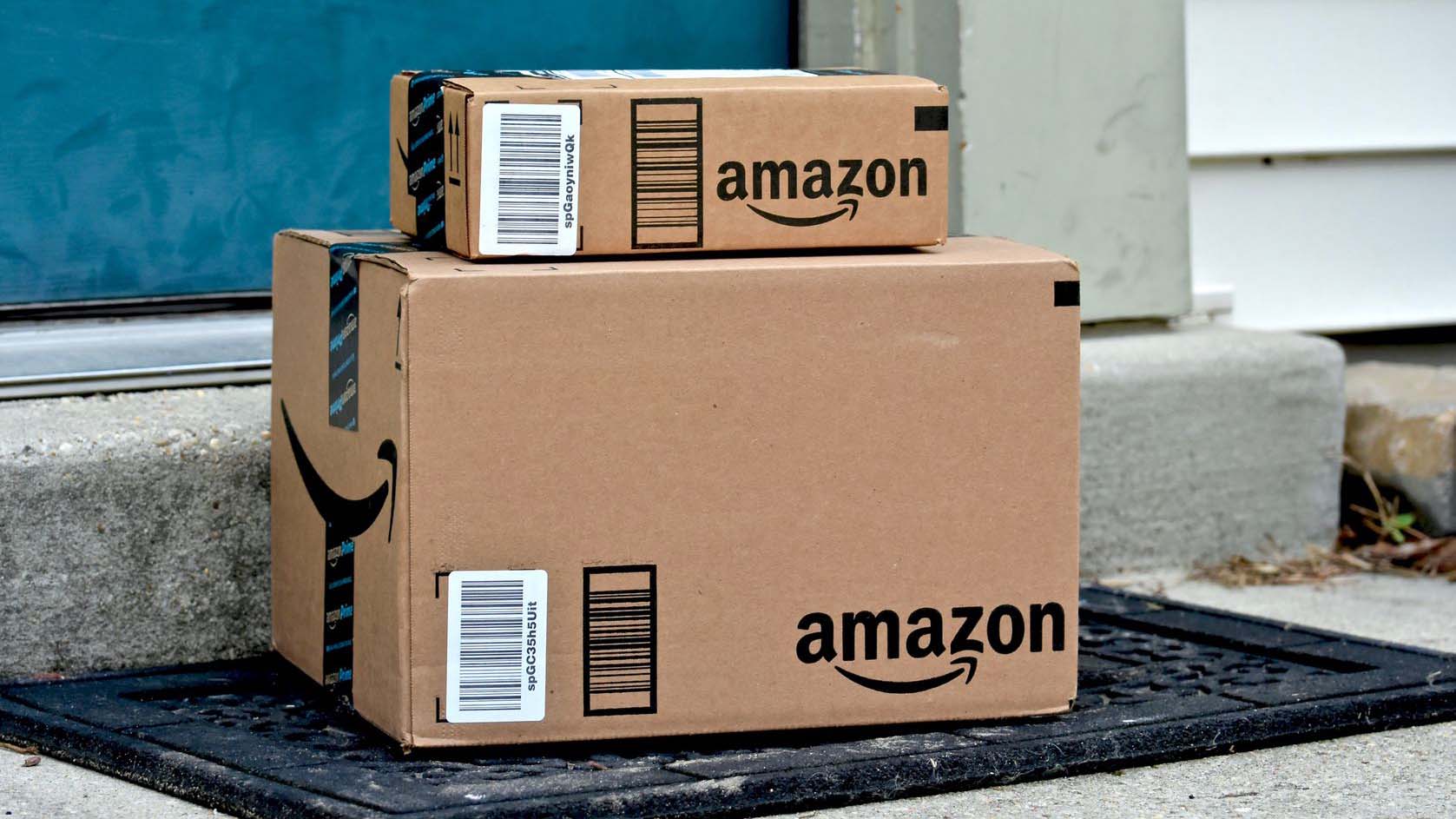Amazon scam tricks user out of more than $2,000 — how to spot imposters
Scammers are finding new ways to dupe Amazon shoppers

Sign up to receive The Snapshot, a free special dispatch from Laptop Mag, in your inbox.
You are now subscribed
Your newsletter sign-up was successful
Amazon is one of the biggest online marketplaces around the globe, with the COVID-19 pandemic playing a major factor in its recent growth over the past year (operating cash flow increased 69% to $67.2 billion). So, like moths to a flame, there has been an increase in scams.
A recent imposter scam has tricked an Amazon shopper into believing a hacker was trying to access her account. Unfortunately, she is now more than $2,000 out of pocket.
- Amazon Prime Day 2021 — dates, membership deals to expect
- Amazon Prime Day 2021 could arrive earlier than we expect
- Tips for safer online shopping: Protect your personal information
According to an ABC Action News report (via BGR), the scammer called the user posing as an Amazon security employee. They notified her there was a suspicious charge to her Amazon account, stating that $1,000 had been charged for a new iPhone.
While it is not specifically stated how the scammer received her information — only that the scammer was going to show her how to delete her credit card — non-profit organization Better Business Bureau (BBB) has pointed out this phishing scam involves the scammer asking for a user's credit card and account login details, or asking for remote access to "solve" the issue.
There has been a spike in Amazon scams over the past year, with scammers even imitating notable organization phone numbers to disguise calls. It can be tricky to know who to trust, especially in this Amazon user's case when the hacker pressures victims to act urgently.
How to spot an imposter
One of the biggest signs that someone is an Amazon imposter is the information they ask for. Let it be known that while Amazon customer services may call you, they will never ask to share or verify personal information or offer unsuspecting refunds.
You should never have to talk about any details, especially when it comes to your bank account. Amazon will also never ask for remote access to your device.
If a spokesperson from Amazon calls and is asking for information immediately, it's an imposter trying to cause a sense of urgency to trick vulnerable users that may not know how to handle the situation. Amazon will only ask to make payments on its website, nowhere else.
You can report suspicious emails, phone calls, text messages, or web pages on Amazon's customer support page. If you suspect a scam is taking place, be sure to reach out for an official statement from the company to make sure everything is peachy.
With Amazon Prime Day 2021 on the horizon, con artists could use this occasion to increase the number of phishing scams they commit. If you're gearing up for the big sale, keep an eye out or you could end up losing a lot more than $2,000.
Sign up to receive The Snapshot, a free special dispatch from Laptop Mag, in your inbox.

Darragh Murphy is fascinated by all things bizarre, which usually leads to assorted coverage varying from washing machines designed for AirPods to the mischievous world of cyberattacks. Whether it's connecting Scar from The Lion King to two-factor authentication or turning his love for gadgets into a fabricated rap battle from 8 Mile, he believes there’s always a quirky spin to be made. With a Master’s degree in Magazine Journalism from The University of Sheffield, along with short stints at Kerrang! and Exposed Magazine, Darragh started his career writing about the tech industry at Time Out Dubai and ShortList Dubai, covering everything from the latest iPhone models and Huawei laptops to massive Esports events in the Middle East. Now, he can be found proudly diving into gaming, gadgets, and letting readers know the joys of docking stations for Laptop Mag.
